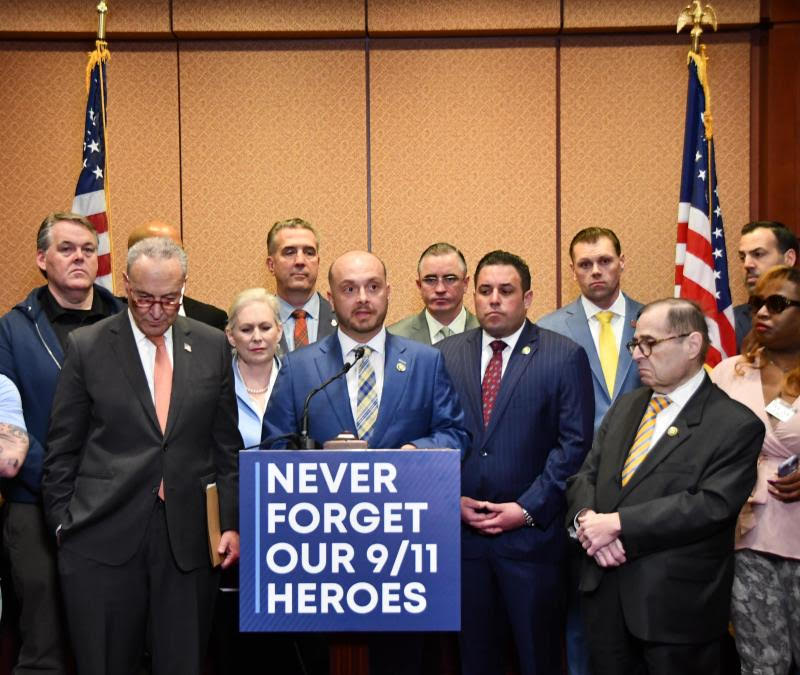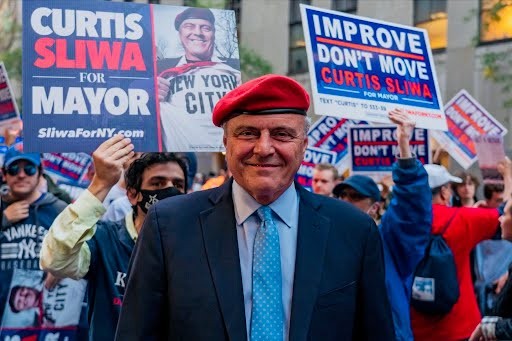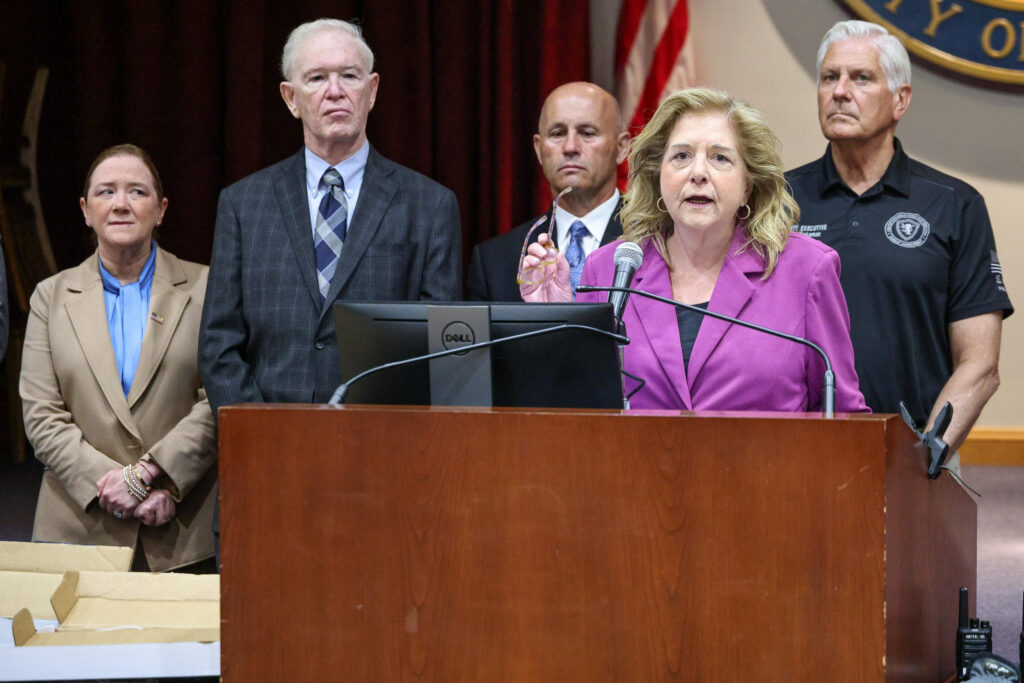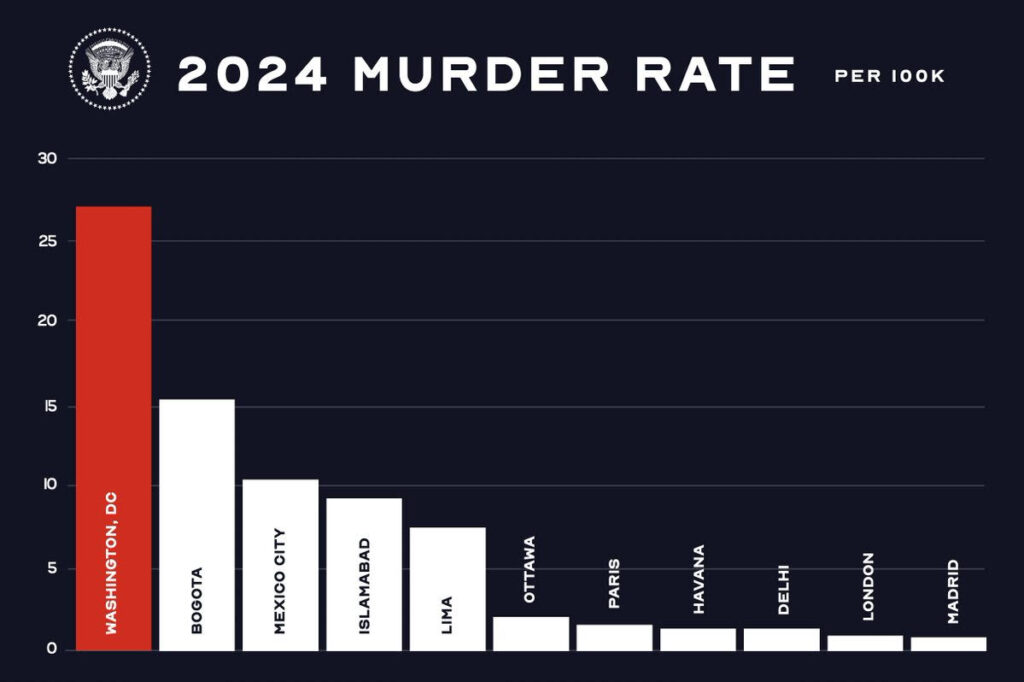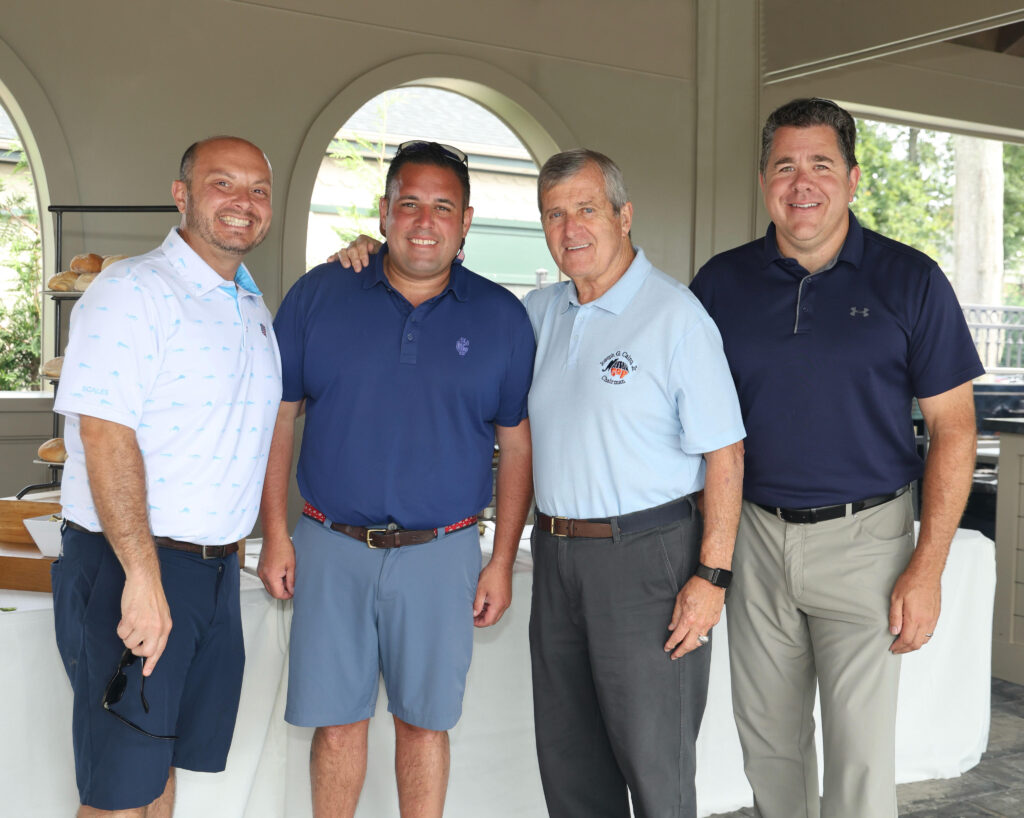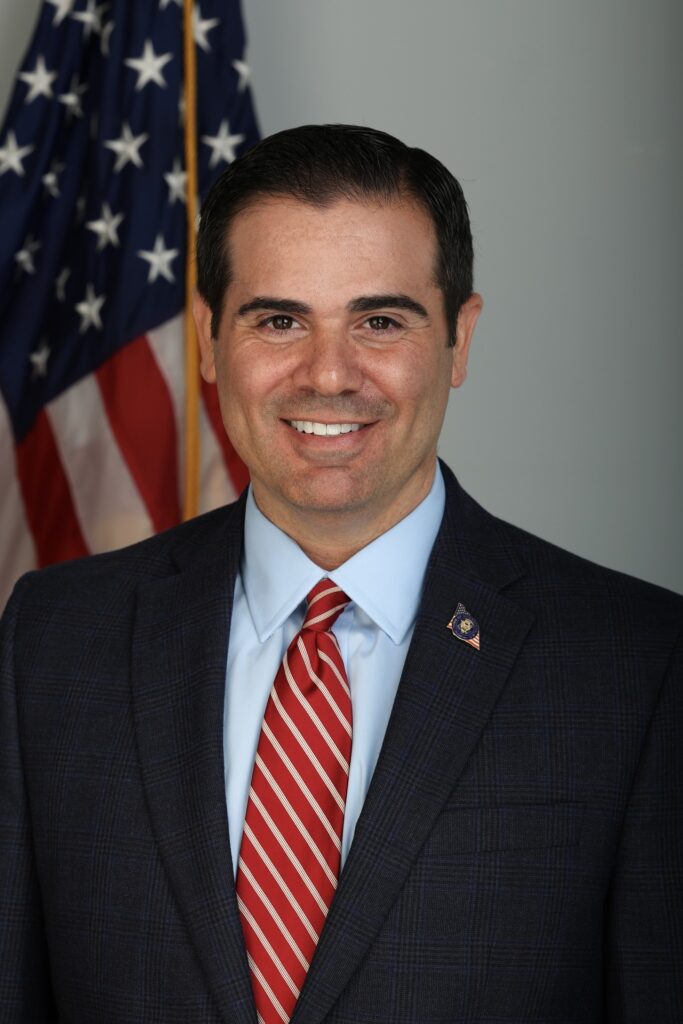9/11: A Promise To Never Forget And Never Abandon Our Heroes
Each year as September 11 approaches, we pause as a nation to remember the day that forever changed us. Twenty-four years later, the pain still feels immediate to those who lived through that harrowing time, and the families who carry the weight of unimaginable loss. That Tuesday morning in 2001 began like any other fall day. The air was crisp, the skies blue. New Yorkers rushed about their daily routines, unaware of the horrors to come.
At 8:46 a.m., when the first plane struck the North Tower of the World Trade Center, the course of history changed forever. By the end of the morning, 2,977 innocent people were murdered, including 343 firefighters, 72 law enforcement officers, and 37 Port Authority police officers who ran toward danger when others fled.
We vowed then, and we vow today, that we would never forget. But remembrance is not passive. It is a call to action: a responsibility to protect, honor, and ensure that the sacrifices made on that day and in the months that followed were not in vain. That responsibility demands that we continue to confront threats to our nation’s safety, care for the heroes who answered the call, and teach future generations the enduring lessons of that day.
For thousands of first responders, construction workers, volunteers, and survivors, the impact of 9/11 didn’t end when the towers fell. The toxic dust that filled the air contained asbestos, glass, lead, and other carcinogens. Men and women who dug through the wreckage and searched for survivors, inhaled a poison they couldn’t see. Many worked without proper protective equipment in the desperate days that followed. In the years since, we’ve learned that the danger never disappeared; it was embedded in their lungs, in their bloodstreams, and in their bodies.
Today, more than 82,000 people are enrolled in the World Trade Center Health Program, established to provide medical monitoring and treatment for those exposed to toxins at Ground Zero. More than 25,000 cases of certified cancers have been linked directly to that exposure. Thousands suffer from chronic respiratory conditions, heart disease, and PTSD. Heartbreakingly, nearly as many first responders have now died from 9/11-related illnesses as were killed on that tragic morning.
These numbers are staggering, but behind every statistic is a person—a firefighter who can no longer climb a ladder without struggling to breathe, a police officer battling cancer, a teacher who returned to her Lower Manhattan classroom only to develop chronic illness years later. For these individuals and their families, the tragedy of September 11 is not confined to the past. It lives on every day.
This is why the fight to make 9/11 health care funding permanent is so vital. In 2010, Congress passed the bipartisan James Zadroga 9/11 Health and Compensation Act, named after an NYPD detective who died from respiratory disease linked to his work at Ground Zero. Renewed in 2015 and expanded again in 2019, the program has provided lifesaving treatment and financial compensation to tens of thousands of responders and survivors. But even now, more than two decades after the attacks, uncertainty continues to hang over the program’s long-term funding. Every few years, heroes who answered the call on our nation’s darkest day are forced to come back to Washington, DC to plead their case, and fight political battles just to receive the care they earned.
That is unacceptable. We made a promise to these men and women. They ran into burning towers; they dug through the rubble; they sacrificed their health and, in too many cases, their lives. There should never be a question about our nation’s commitment to them. Making 9/11 health care funding permanent isn’t just the right thing to do, it is the only thing to do.
But remembrance is not just about looking back. It’s also about ensuring that nothing like 9/11 ever happens again. In the years since the attacks, America has overhauled its security infrastructure. The creation of the Department of Homeland Security, the expansion of Joint Terrorism Task Forces, and strengthened partnerships between federal, state, and local law enforcement have transformed the way we prevent and respond to threats. Intelligence agencies now share information in real time. Technology has advanced to detect potential dangers faster. Our armed forces remain vigilant across the globe to keep terrorism from reaching our shores again.
Yet the threats we face are evolving. International terrorism remains a danger, but today we also confront rising domestic extremism, sophisticated cyberattacks, and growing state-sponsored espionage. Honoring those lost on 9/11 requires continued vigilance, continued investment in security, and continued collaboration between agencies. It requires recognizing that keeping America safe is not a partisan issue but a national imperative.
For Long Island, the memory of 9/11 is especially personal. Communities across Nassau and Suffolk lost hundreds of residents. Many local fire departments sent crews to Ground Zero; some lost their own members that day or in the months that followed. First responders from our area continue to battle illnesses linked to their work in the rescue and recovery. Their bravery remains an inspiration, but it also reminds us of the debt we owe them and their families.
As we honor another anniversary of 9/11, we must also acknowledge the importance of educating future generations. Students in our classrooms today weren’t even born when 9/11 occurred. For them, the images of that day are part of history books, not within living memory. But understanding what happened, and why, is critical. We must teach them not just about the horror of the attacks, but also about the extraordinary acts of courage, compassion, and unity that followed. On a day of chaos, strangers helped strangers, neighbors opened their homes, and our nation stood together as one.
That unity is one of 9/11’s most powerful legacies. It’s something we must strive to reclaim, especially at a time when division and polarization dominate our politics. If we truly want to honor the memory of those we lost, we must recommit ourselves to the values that defined our response: resilience, empathy, and an unshakable belief in one another.
This September, as ceremonies are held, as names are read, and as the bells toll, let us do more than reflect. Let us act. Let us fight to ensure permanent healthcare funding for every first responder, survivor, and family affected by 9/11. Let us invest in the security measures necessary to prevent future attacks. Let us stand with law enforcement, firefighters, and medical personnel who continue to protect us every day. And let us teach our children why we pause each year to remember, not just the tragedy, but the unity and strength that followed.
Nearly twenty-four years later, the wounds of September 11 remain, but so does our resolve. We owe it to the families who lost loved ones, to the responders who sacrificed their health, and to future generations who deserve a safer nation. Never forget is more than a promise; it’s a mission. It’s a pledge to honor the past, protect the present, and secure the future.
We can never bring back those we lost, but we can make sure their memory drives us forward. We can ensure that their sacrifices were not in vain by taking care of those who defend our country against new threats, passing down the lessons of that day to those who will lead tomorrow. That is how we keep the memory of 9/11 alive. That is how we make “never forget” a phrase that lives on with purpose. n
Congressman Anthony D’Esposito was nominated by President Donald Trump to serve as Inspector General of the Department of Labor. Previously, he served in Congress, representing New York’s 4th Congressional District. Anthony served as a Councilman in the Town of Hempstead after retiring from the NYPD as a highly decorated Detective. He also served as Chief of the Island Park Fire Department and helped lead the all-volunteer organization’s response to Super-Storm Sandy. The Congressman appears frequently on Fox News, Newsmax, ABC National News, and 77 WABC Sid and Friends in the Morning. To contact, email [email protected].





